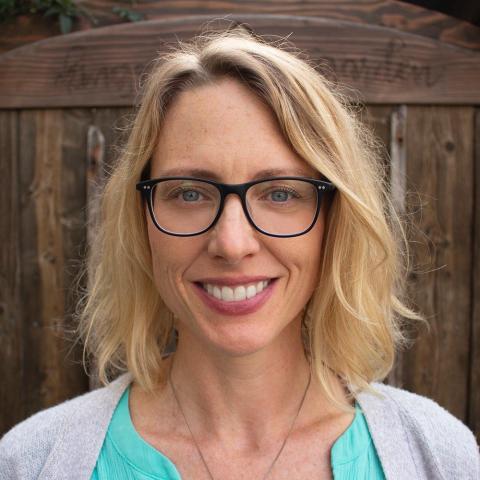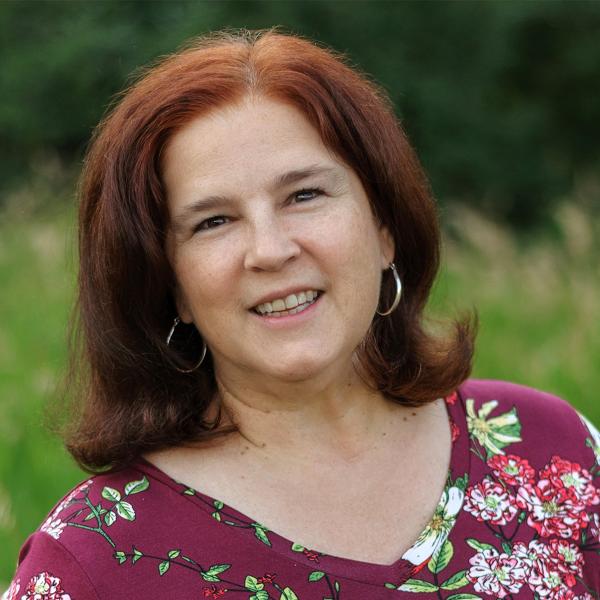She’s right. Data from the 2023 Colorado Health Access Survey show that nearly 2 million Coloradans believe climate change has affected themselves or their families. Of those, one in three said climate change has hurt their mental health. And nearly half of adults in Colorado (46%) think their community is only somewhat prepared or not at all prepared to deal with a climate-related disaster. That contrast can feel stressful.
Amanda wondered how she could support others who had been through highly stressful, climate-related experiences.
Today she is a licensed marriage and family therapist practicing in Wheat Ridge. Between 20-40% of her clients in her private practice, Open Circle Counseling, are seeking help for climate-related distress, anxiety, and grief.
“What I often see is a sense of being overwhelmed and not knowing what to do or how to cope.”
Even reading or watching the news can be triggering.
“There’s this term called pre-trauma where something is going to happen, and it’s probably not going to be good; but how bad is it going to be?" Pre-trauma occurs when people experience high levels of stress and uncertainty leading up to an event or events that they anticipate will be very stressful. "That unknown outcome can be very stressful for humans,” she says.
A member of Climate Psychology Alliance North America, Amanda is among a growing group of therapists offering counseling to people who are either indirectly challenged by the climate crisis or who have experienced a climate-related catastrophe.
“We all have a certain level of tolerance of stress. When we’re within our window and we’re stressed … we can tolerate big emotions or hard thoughts, solve problems, and not become too overwhelmed” she said. “But when we’re so stressed that we exit our window of tolerance, lots of different things can happen, such as depression, numbing with substances, anxiety, anger, head-in-the-sand: ‘I’m not going to look at climate.’”
Amanda helps bring people back into their window of tolerance by offering trauma-informed mindfulness and art-based approaches to help people cope with direct or indirect climate crisis events. That might mean teaching someone breathing activities, helping them discover self-care options, or encouraging them to temporarily delete a social media app or stop looking at the news. Sometimes she encourages people to join a Climate Café, which she describes as “a safe space to just talk about all the feelings, thoughts, or behaviors related to the climate crisis.”
For Coloradans, the journey to better mental health is as individual as they are. Statewide, policies that better prepare communities for the impacts of climate change could help ease people’s anxiety and improve their mental health. Ultimately, those policies could improve people’s physical health too.


